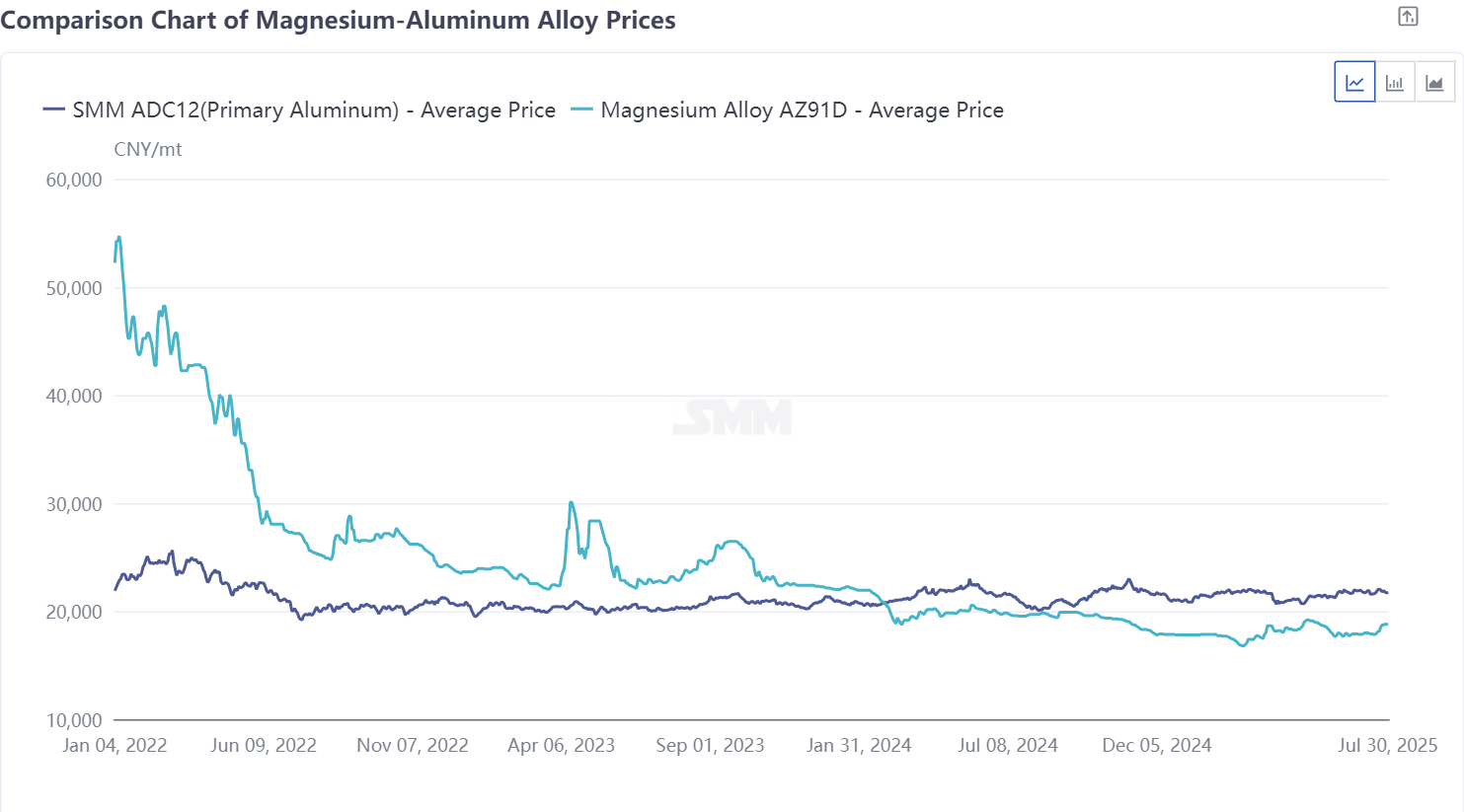New National Standard Drives Material Revolution: Magnesium Alloy Becomes Core Engine for Lightweighting of E-bikes
The implementation of the new national standard for e-bikes is beneficial for the expansion of magnesium alloy applications
The mandatory national standard "Safety Technical Specifications for E-bikes" (GB 17761—2024), revised by the Ministry of Industry and Information Technology in conjunction with the Ministry of Public Security, the Ministry of Emergency Management, the State Administration for Market Regulation, and the National Fire and Rescue Administration, will be implemented on September 1, 2025, replacing the old standard (GB 17761—2018).
The new national standard significantly improves and enhances aspects such as vehicle mass, motor power limits, fire resistance, plastic content, and tamper-proofing. Specifically, GB17761—2024 mandates that the mass of plastic parts in e-bikes shall not exceed 5.5% of the total vehicle mass, with the mass of plastic parts for lithium battery car models ≤3.025 kg and for lead-acid battery car models ≤3.465 kg. Additionally, the maximum vehicle mass is set at 55 kg (63 kg for lead-acid battery car models). During the transition period for standard implementation, producers adjust product designs and manufacturing processes, and complete testing and certification in accordance with the new national standard requirements. Driven by the new national standard policy, magnesium alloy has become a key force in the "material revolution" of the e-bike industry, thanks to its excellent lightweighting performance and outstanding cost advantages.
Magnesium Alloy Lightweighting Revolution: Years of Technological Accumulation Reshaping the EV Industry Landscape
Magnesium alloy has accumulated profound technological expertise in the EV field. According to SMM, Yadi Group, a top-tier enterprise in the electric two-wheeler sector, has applied magnesium alloy parts in batch production for over 10 million vehicles, achieving vehicle weight reduction through lightweighting of components such as wheel hubs and handlebars. From the perspective of e-bike applications, magnesium alloy wheel hubs currently cover 60% of the shared e-bike market share. If wheel hub systems are used as a breakthrough point, the penetration rate of magnesium alloy in the entire electric two-wheeler market could be increased to 30%. Moreover, technological breakthroughs in shock absorption and rust prevention, along with continuous market penetration into high-end car models and off-road scenarios, are expected. Currently, collaborative innovation across the industry chain is promoting the upgrade of magnesium alloy from single components to lightweighting system solutions for entire vehicles, continuously expanding the development and application of magnesium alloy parts to components such as handlebars, rear luggage racks, pedals, and backrest supports, aligning with the efficient and low-carbon development trends of the new energy industry.
State-owned enterprises enter the market to ensure supply stability, initiating a new cycle of low-price and stable supply in the magnesium market
State-owned enterprises such as Baowu Magnesium Industry and Wuchan Zhongda Group have strengthened their control over the industry chain through mergers, acquisitions, and capacity expansions. Enterprises in the main production areas have maintained stable production and upgraded the industry chain, ensuring the long-term stability of magnesium ingot supply. Additionally, as of the time of writing, the mainstream quotations for 99.90% magnesium ingot in the main production areas have stabilized at 17,200 yuan/mt, with the magnesium-to-aluminum price ratio remaining below 1 (currently at 0.93), significantly enhancing the cost competitiveness of magnesium alloys among lightweight materials. Driven by the new national standard for e-bikes (GB 17761—2024), which will be implemented on September 1, 2025, magnesium alloys, leveraging their "dual advantages of lightweight performance and cost," are reshaping the material system of the industry.




